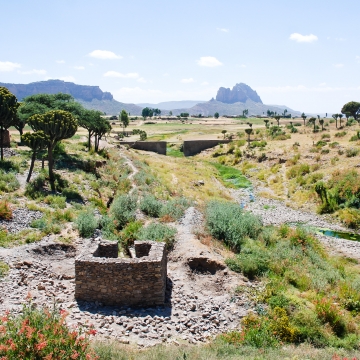Games as boundary objects: charting trade-offs in sustainable livestock transformation
Attempts to structurally transform segments of the agri-food system inevitably involve trade-offs between the priorities of actors with different incentives, perspectives and values. Trade-offs are context-specific, reflecting different socio-economic and political realities. We investigate the potential of structured boundary objects to facilitate exposing and reconciling these trade-offs within the context of multi- stakeholder social learning processes with pastoral and mixed crop-livestock communities in Burkina Faso, Ethiopia and Tanzania.




